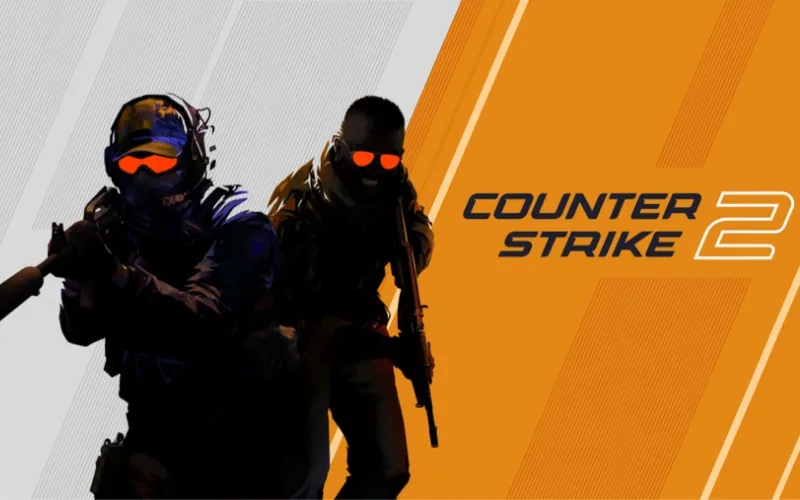Cybersports has long ceased to be just entertainment for a narrow circle of enthusiasts. Today, it is a billion-dollar industry where betting occupies a special place. Newcomers, inspired by high-profile team victories and rumours of easy money, often rush into the game without preparation. However, behind the bright screens of tournaments are hidden pitfalls that few people think about at the start.
Blind faith in favourites
Many people believe that betting on the leaders at Kingschip Casino is a win-win. In reality, the odds on the top teams NAVI or Team Spirit are often underestimated, and sensations in cyber sports happen regularly. Tournaments are full of surprises: outsiders knock out champions, and big names fail due to poor form.
To avoid the trap, it’s worth digging deeper. Analysing recent matches, players and even their morale is more likely than blindly relying on the brand. It turns out that even stars sometimes lose their grip on lesser-known opponents.
By the way, history knows cases when second-tier teams like Gambit in 2017 unexpectedly took trophies. A rhetorical question: does a big name always guarantee victory?
Ignoring the specifics of disciplines
Cybersport is not a monolith. Dota 2, CS2, and League of Legends live by their own laws. Beginners often bet on everything, not realising that a strategy that works in shooters is useless in MOBAs. For example, in CS2 individual skills of players are important, and in Dota 2, team synergy and choice of heroes.
Learning the specifics of the discipline is the first step to success. Before betting, it is useful to understand what factors influence the outcome: patches, meta, and style of play. It is not as difficult as it seems, but the result is sometimes surprising.
In fact, even professional analysts sometimes make mistakes, not taking into account a small thing like a map update. And what can we say about beginners?
Chasing a quick win
The desire to make a fortune pushes you to take risky steps: accumulator bets with a lot of events or throwing all your money into one match. Surprisingly, such decisions rarely pay off. Cybersport is too unpredictable to rely on luck.
Beginners should allocate their bankroll more wisely. Experts advise betting no more than 5% of the total amount on one event. In addition, patience is not just a virtue but a working tool. A gradual approach reduces losses and teaches you to notice patterns.
Neglect of statistics
Some people think that intuition is more important than numbers. However, in eSports, statistics are not dry data but a real treasure map. Ignoring a team’s win percentage, history of encounters with opponents, or the performance of specific players can be a disadvantage.
For starters, you can check out profile sites like HLTV or Dotabuff. They have everything from win rates to how often strategies are used. Even a couple of minutes of analysis can separate a random bet from a meaningful decision.
By the way, sometimes curious details like when a team is playing on a certain map can make a difference in the outcome. Isn’t it tempting to use such subtleties?
Emotions instead of reason
When you lose, you want to win back immediately, and when you win, you want to double your bet. Emotions pose a significant challenge in this business. The international or major tournaments stir up the nerves, but giving in to them is a sure way to an empty wallet.
Self-control comes with experience. It is useful to set clear limits: how much you can lose in a day and when to stop after winning. In turn, cold calculation turns a chaotic game into a system.
Few people think about it, but cybersport is akin to chess: here the winner is not the one who shouts the loudest but the one who thinks one step ahead.


